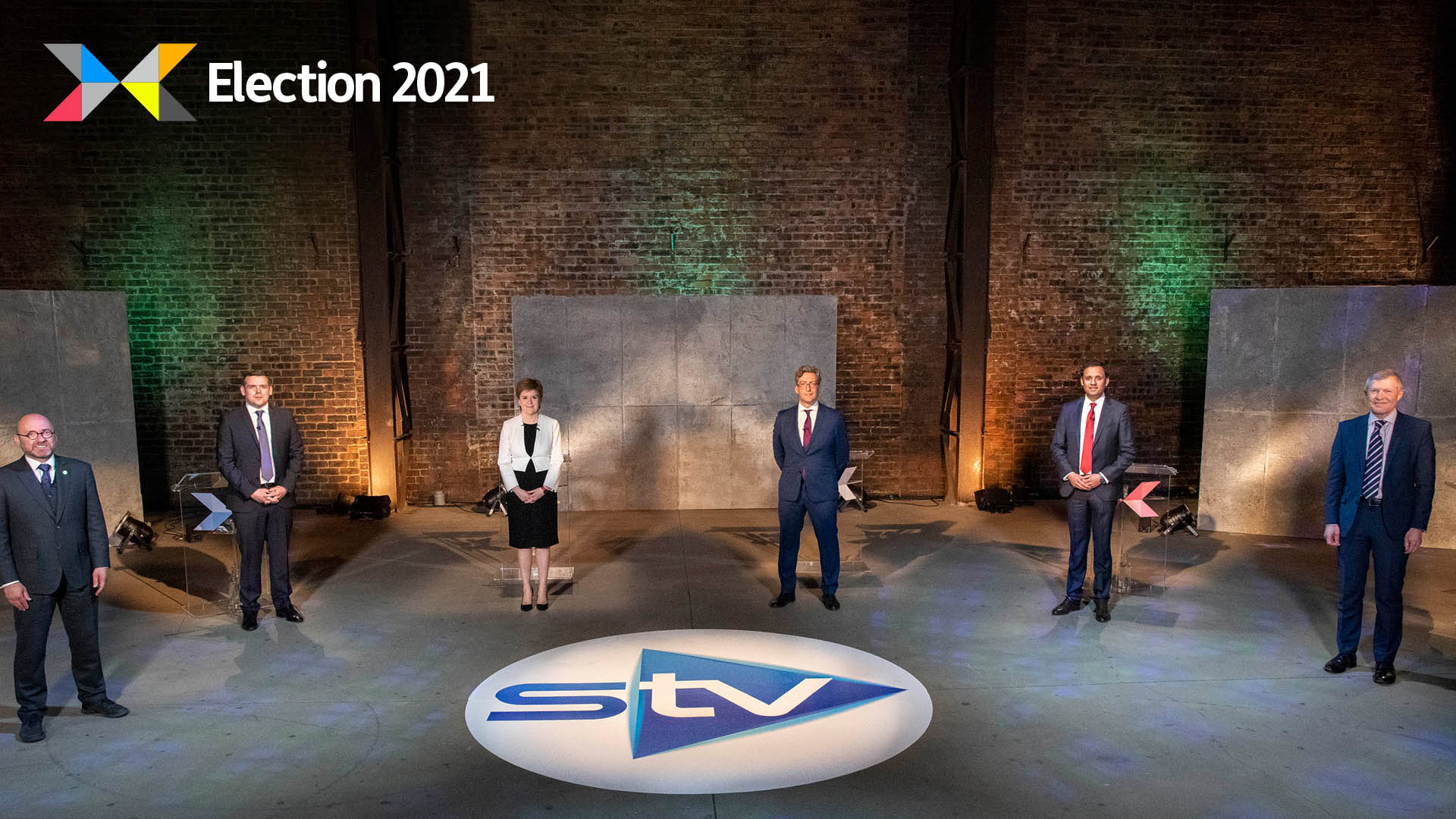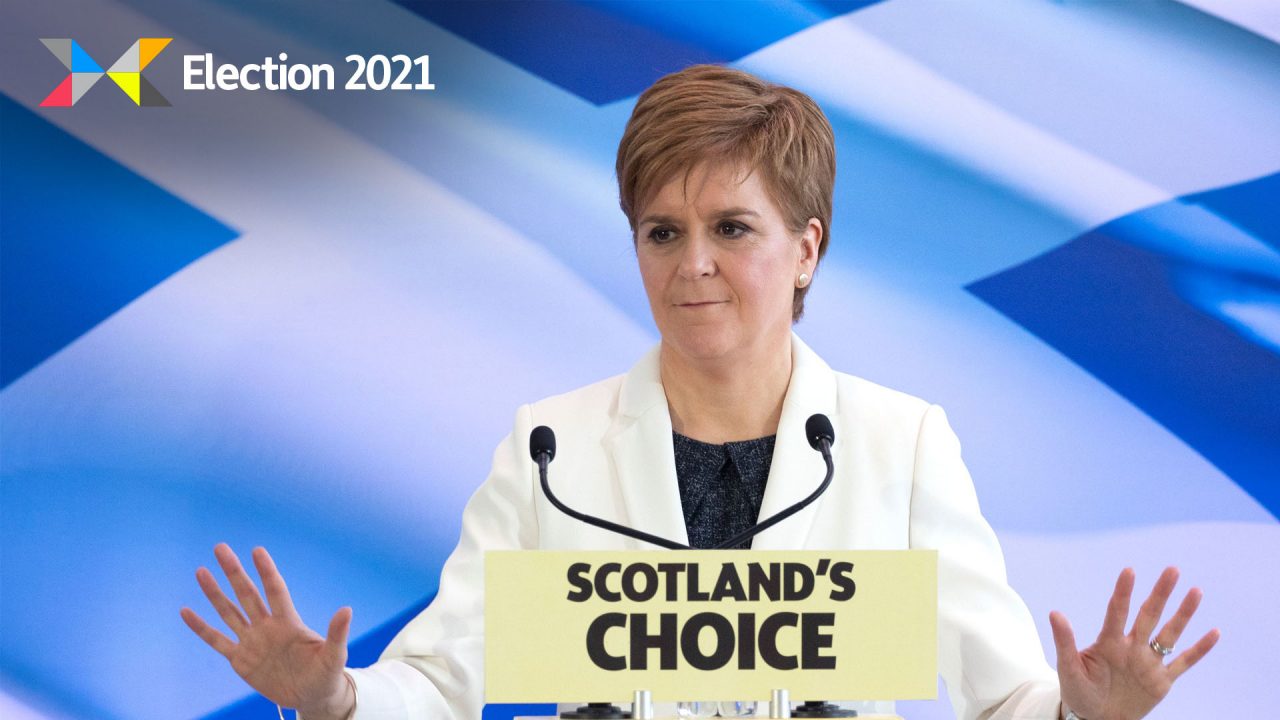When the opinion polls say that an election is a foregone conclusion, the aim of a campaign is simply to countdown to polling day with the minimum of fuss and absence of self-inflicted wounds.
You would also think that in such circumstances there is no need to be free and easy with the kind of largesse which looks like a bid to garner votes with populist inviting policies.
The striking aspect of this SNP manifesto is the number of spending commitments which commentators would file under ‘give away’. Some play to a fairness agenda whilst others just look like a move designed to ensure the predicted stockpile of votes remains high.
Most governments look to give away immediately before and after an election. When Prudence puts her foot down it sometimes comes at an electoral cost.
Chancellor Roy Jenkins was blamed for Labour’s defeat in 1970 by delivering a fiscally neutral budget just before the general election when many within his own party wanted him to loosen the purse strings.
Prior to today’s manifesto launch, the SNP had announced a 4% deal for NHS workers. Quite right too even if it is by no means clear that this is anywhere near enough to get all of the unions onside.
They had also pledged a computer for every school child and a free school meal for all of those of primary school age. The combined cost of those policies is likely to be in excess of half a billion pounds and will be spent on those from high income households too.
The First Minister name-checked the founder of the NHS, Aneurin Bevan today. Bevan also believed that ‘socialism is the language of priorities’ and the SNP’s opponents on the left are bound to ask whether or not providing more goodies to the well- off is really politically progressive at all.
Allied to this week’s announcement on lifting lockdown rules earlier, the optics are clear. Create and deliver a mood of feeling good.
 STV
STVOn the STV leaders’ debate on Tuesday, all of the parties agreed that the challenges posed by the economic recovery from the pandemic was the biggest issue facing the next parliament.
I would have thought therefore that far from splashing the cash, it would be wise to stockpile it since we simply don’t know where we will be economically by the end of the year.
In fairness to the SNP, quite a lot of Thursday’s manifesto in terms of support for business, green jobs, house building and training, education and apprenticeships for young people has economic recovery in its sights.
The other key headlines from the manifesto relate to more spending on the NHS over the lifetime of the next parliament as well as a pledge to increase spending on mental health services by 25%.
That’s a clear indication that the effects of dealing with loneliness, isolation and stress during the last year will manifest itself in mental health issues in the coming years.
And in recognition that you can’t ask for more tax when a recovery is not yet under way, the rates of income tax will be frozen for the duration of the next parliament.
The Scottish Child Payment will also double to £20 per week helping up to 450,000 children and free bus travel will be extended to the under 22s. The idea of a basic income is supported in principle but will only become a reality in a post-independent country.
And there’s the elephant in the room right there. Indyref2. Nicola Sturgeon was clear, it won’t happen during the pandemic recovery period but it is her intention to hold a second referendum at some stage in the next parliament.
For practical purposes, supporters of independence can forget any date in 2021 for a new poll. I would have thought the second half of 2022 is the most likely timeframe.
Or let me be more specific, the political crisis as a result of Westminster saying no to a Section 30 order will crystallise in early 2022 and a whole series of rancorous exchanges are likely to be the order of the day.
I suspect the next parliament will be remembered for two things. How quickly it takes Scotland to recover from the disaster of the last year and what progress if any is made on a new plebiscite on the constitution.
All of this of course depends on victory at the election for the SNP. They do not give off the air of a party headed for defeat. For that matter none of the other parties talk themselves up as the next government.
In the clichéd world of election reporting, the phrase ‘all to play for’ is used, and overused.
It hasn’t been given much of an airing at this election for the polls all say the contest is over before it starts, which means that today’s manifesto is the key document in assessing how much the SNP deliver, if as expected, they win on May 6.

 PA Media
PA Media

























